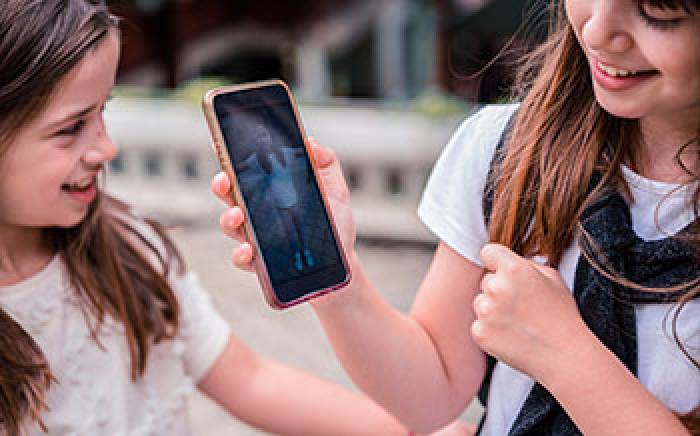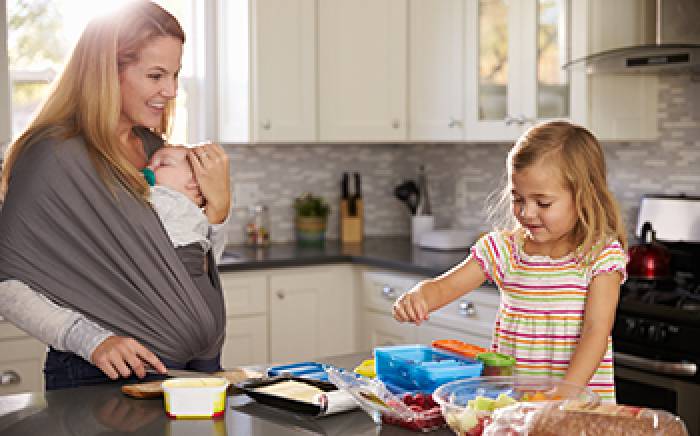Losing a child is every parent’s worst fear. Learn what you can do to keep your children safe.
An estimated 2,300 children are missing every day in the U.S. for reasons that include abduction, getting lost or running away. Margie Batek, MSW, LCSW, a supervisor of social work at St. Louis Children’s Hospital, recommends taking the following proactive steps to help keep your children safe:
- Do your research. Before hiring a babysitter or enrolling your child in an at-home daycare, verify who will be around your child, including other children (especially older children), staff members and spouses. Additionally, you should check the child abuse registry, run a background check and/or ask for a police clearance from any potential caregivers.
- Have a “stranger danger” conversation. Instruct your child to avoid going into the homes or vehicles of strangers and people she may know but be less familiar with, such as the neighbor down the street, and discuss what to do in the event of an attempted abduction. Teach her to scream, hold onto objects when being pulled, fight to get away and run to a nearby adult if someone takes her by the hand or tries to pull her away.
- Teach your child to memorize names and numbers. In addition to teaching how to call 911, teach him full names and phone numbers for you and your partner (or another caregiver).
“We depend so much on cell phones these days that many people do not know the phone numbers of their closest family members and friends,” Batek says. “If your child were lost or abducted and came into contact with a telephone, make sure he could use that phone to call for help.” - Pay attention. Young children should be under the watchful eye of you or a trusted caregiver at all times. If children have to briefly be separated from an adult, make sure they practice the buddy system.
- Use available resources. Have your child fingerprinted through the MoCHIP or IL CHIP program, and keep up-to-date photographs on file. If you fear she is kidnapped or lost, report it to police immediately.
- Set boundaries around playdates. Make sure your child knows he cannot play at his friends’ houses unless you know and trust the other parents.
“To ensure your child’s safety, you may be opening your door and having children in your home more often than you might want, in order to allow your children to socialize regularly with other kids,” Batek says. “You cannot assume that other parents provide as safe of an environment in their homes as you do.”



